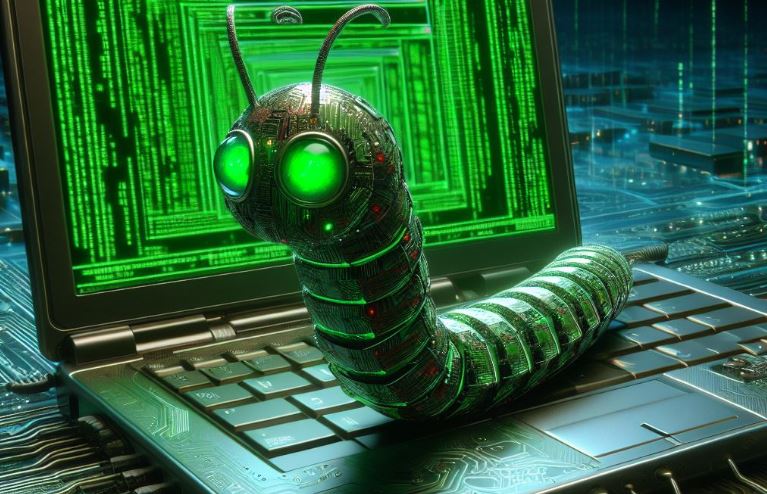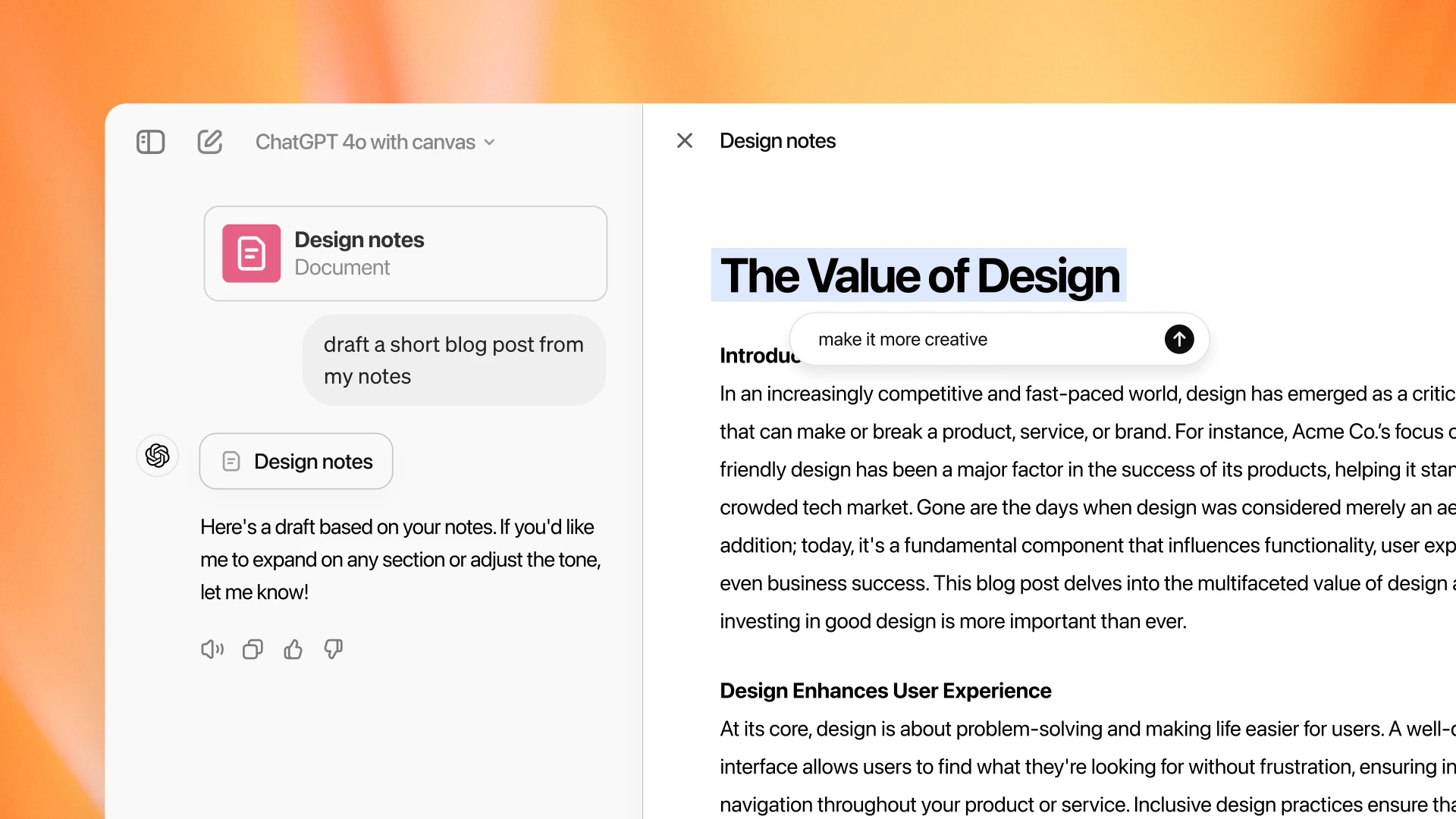We’ve all heard amazing stories about AI like ChatGPT and digital assistants making our lives easier. But have you thought about the potential dark side of this powerful technology? Researchers just uncovered a major AI cybersecurity risk that has me a little worried.
Let me explain by asking – have you ever gotten a phishing email from a “friend” with a suspicious link? Maybe it was trying to get your password or credit card info? Those are examples of traditional malware attacks.
Well, this new research shows how Artificial Intelligence (AI) could supercharge those types of cyberattacks in terrifying ways. The scientists created an experimental “Ai Worm” – a self-replicating piece of malicious code. But here’s the crazy part, it uses generative AI to spread itself! as reported by Wired.
How Does This AI Worm Work?
Good question. Essentially, the AI worm is designed to target AI assistants like those in email apps and web browsers. You know, the “AI friends” that autosuggest replies and summarize conversations?
Once it infects one assistant, it can trick the AI into:
- Revealing sensitive data from your emails like credit cards, passwords, etc.
- Generating phishing messages to spread the infection further
- Even hiding the malicious code in images to bypass security scans!
The researchers found they could get models like GPT-4 and Google’s AI to leak all kinds of private info from emails. And those infected messages allow the worm to automatically leap to new devices, spreading rapidly.
It’s basically an AI-powered cyberattack on other AI assistants. Mind-blowing (and more than a little scary)!
Should You Be Worried About AI Worm?
While this particular Ai worm was limited to a controlled test, the researchers warn these kinds of attacks could start hitting the real world in just a few years. Think about how much we rely on AI assistants and chatbots these days!
The research serves as a wake-up call that we need robust cybersecurity measures to prevent generative AI from being weaponized into self-spreading malware. Just having “virtual assistants” lend a hand may open up new vulnerabilities.
Imagine getting a message from a hacked AI assistant belonging to a friend or co-worker. It seemed totally normal, so you clicked a link or opened an image without thinking twice. Next thing you know, your emails, photos and other private data are compromised and spreading like wildfire!
That’s the type of scenario these scientists demonstrated as possible. Terrifying, right? But don’t hit the panic button yet.
How to Protect Yourself From AI Cyberattacks?
Look, we can’t put the AI genie back in the bottle. But we can demand that tech companies get ahead of these threats and build robust defenses now.
OpenAI and Google were notified about this research, and say they’re working to make their systems more resilient. I certainly hope so, because I’d hate for the amazing AI assistants meant to make our lives easier to become hacker gateways instead.
In the meantime, here are some tips to keep yourself safe from potential AI-powered malware down the road:
- Use updated anti-virus/malware protection and firewalls
- Don’t open any links/attachments that seem remotely suspicious, even from known contacts
- Consider turning off auto-image loading in emails
- Limit permissions and data access for virtual assistants
- Report any phishing attempts or strange AI behavior to companies right away
At the end of the day, a little cyber hygiene can go a long way. With AI tech advancing so rapidly, we all need to stay vigilant about evolving digital threats.
What are your thoughts on this development? Worried about AI getting into the wrong hands, or do you think the benefits outweigh the risks?
And if you found this look at cutting-edge cybersecurity useful, go ahead and share it with friends and family. The more we can raise awareness around AI safety, the better we can reap the rewards of this incredible technology while preventing nightmare scenarios.






